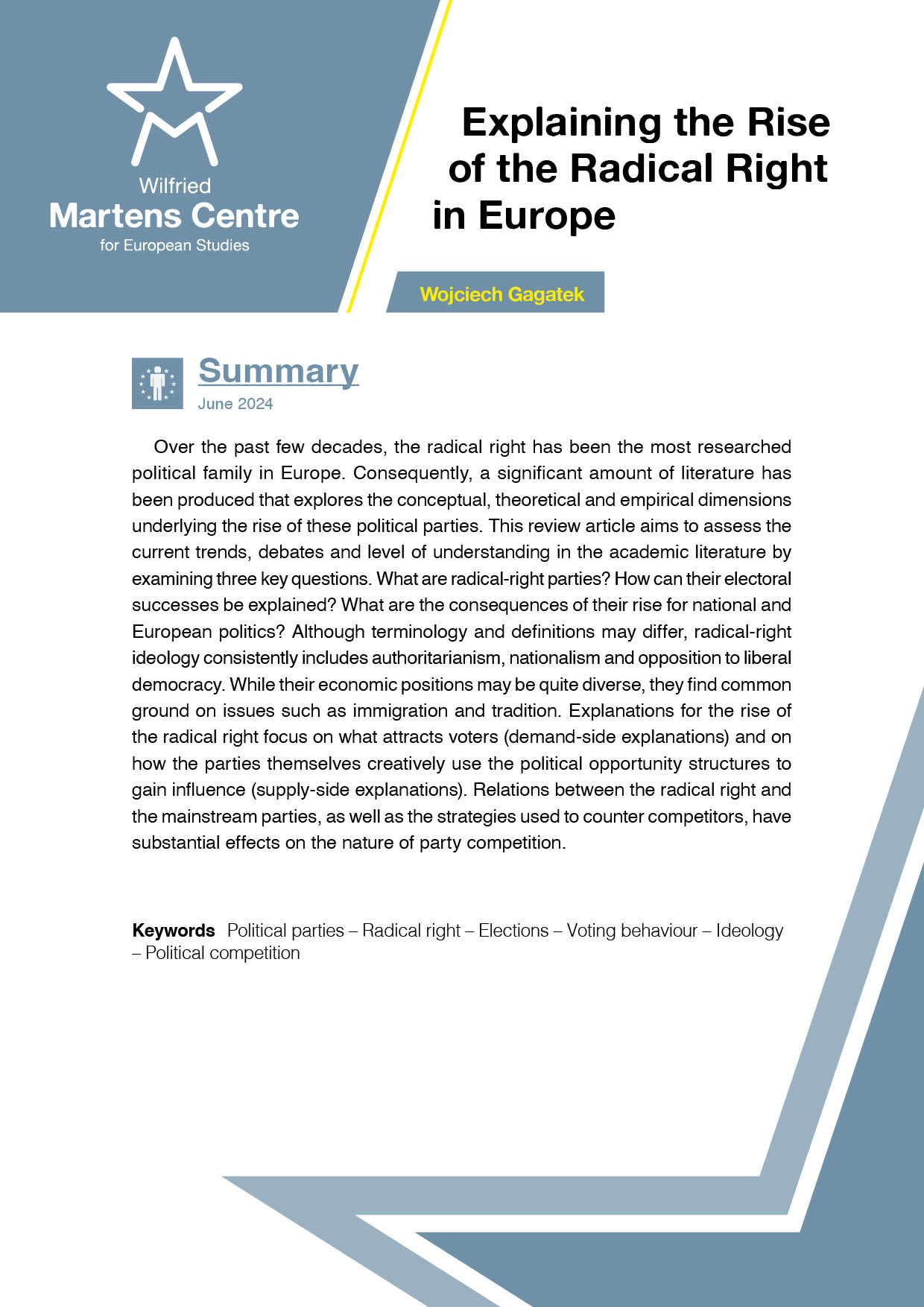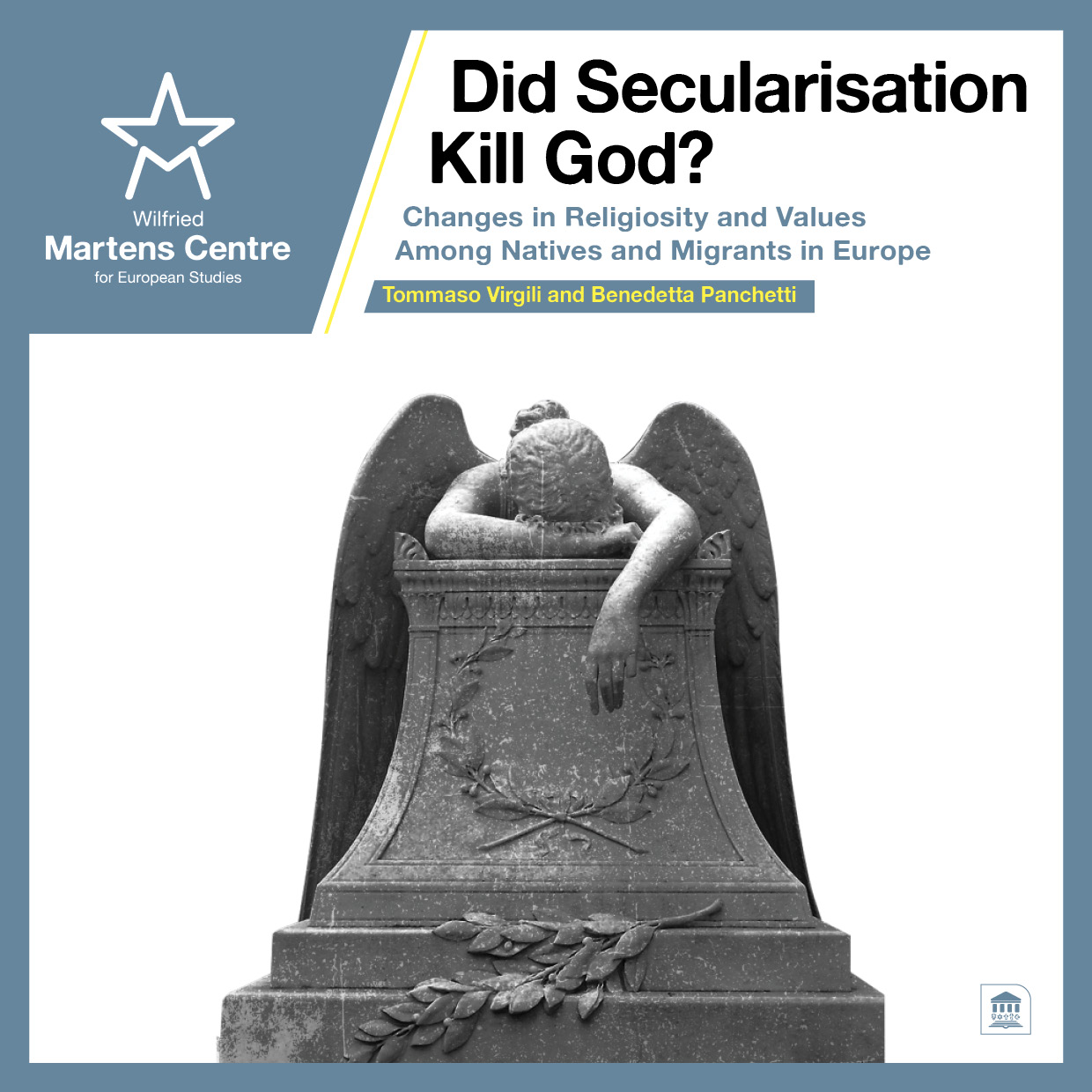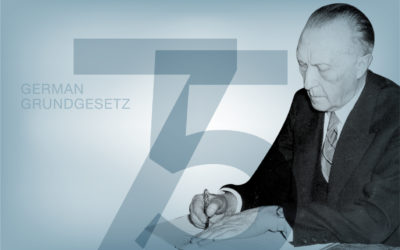Crowdsourcing as new instrument in policy-making
09 September 2015
Our society is living in turbulent, yet exciting times: an unprecedented political crisis on the European level is shaking up the political status quo, leaving no stone unturned. Europeans have begun to realise that they live in a more complex, interdependent and connected era than ever before.
Citizens are now questioning the current political situation and are not satisfied with the means of participation. Where European politics is concerned, many citizens do not feel sufficiently informed and are unable to get actively involved. According to the latest Eurobarometer results, more than 50 % of European citizens feel ‘that their voice is not heard’ on the EU level (European Commission, Directorate-General for Communication).
However, democratic processes, and policymaking tools especially, remain very traditional. Voting for representatives during elections is still the primary source of legitimacy in the law-making process—with only rare ‘adventurous’ participatory exceptions, for example in the Nordic countries.
The desire for more legitimacy in representative democracy, combined with the unprecedented technological possibilities available for realising greater citizen involvement, is exciting for citizens and political actors alike, as its achievement would offer a more encompassing assessment of society’s sentiments. Existing digital communication tools that are readily available and just waiting to be exploited are expected to improve the quality of democracy through an increase in citizen participation. Most promisingly, digital methods can improve the dialogue between civil society on the one hand, and elected officials and political parties on the other.
This article will address crowdsourcing in democratic processes and especially how the process of crowdsourcing legislation can be implemented by political parties to augment democratic processes. One example of how legislation can be crowdsourced will be presented in greater detail, and the implications for the citizens who participate in the process will be discussed. The article will look at possible challenges to crowdsourcing activities and then conclude with recommendations on how political parties can use this new technology effectively.
Read the full FREE article published in the June 2015 issue of the European View, the Martens Centre policy journal.
ENJOYING THIS CONTENT?




















